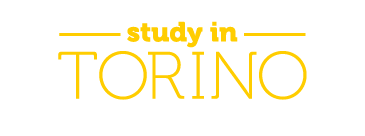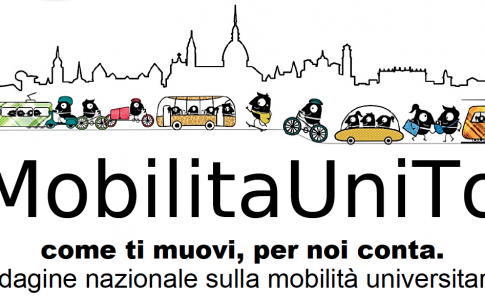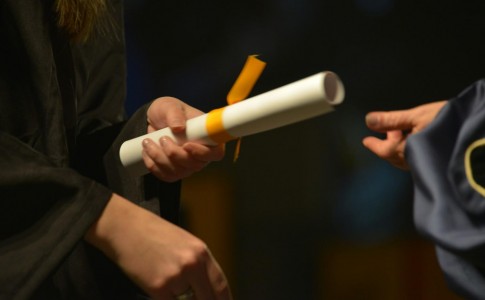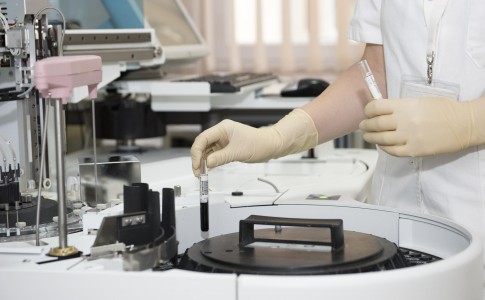A seminar on “Urban Food Policies: research and cooper-action between North and South” is scheduled for Thursday, December 15, 2016, from 3.00 pm to 7.00 pm, in the Room B3 of Campus Luigi Einaudi. The event is organized by the General Direction of development cooperation (MAECI) and the University of Turin as an initiative on the occasion of the World Food Day.
Urban food policies are a new possibility of development cooperation, of thought and political action, also in Italy, thanks to the incentive of international experiences and initiatives, as well as the launch and the spread of the Milan Urban Food Policy Pact. Talk about urban food policies means connecting and stimulating a systemic vision of a plurality of actions and projects towards a more sustainable horizon. The seminar is an occasion to inform people about initiatives on this theme, which are organized by the Italian cooperation and by the most important international organizations, that deal with nutrition, confronting them with experiences and initiatives in Turin and Milan, with a view of local partnerships between North and South of the world.
Representatives of DGCS, FAO, World Food Program, CIHEAM of Bari, Milan Urban Food Policy Pact, University of Turin and institutional and social actors of food system in Turin and of development cooperation will speak during the meeting.





